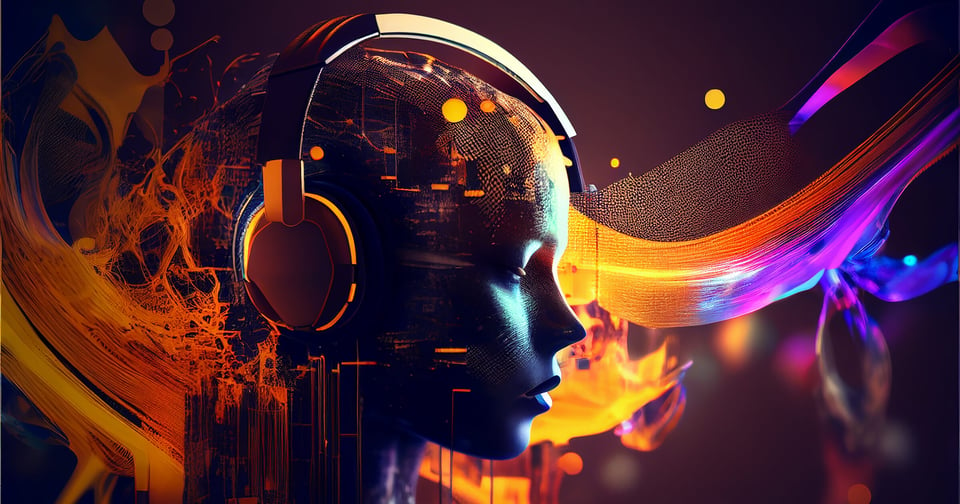The AI music revolution is here—tools like AIVA, Boomy, and Google’s Magenta are transforming how music is composed, produced, and distributed. If you’re a musician, producer, or tech enthusiast looking to enter this fast-growing field, here’s a clear roadmap to get started.

1. Build Your Core Skills
Music Fundamentals
Learn a DAW (Digital Audio Workstation) like Ableton Live or FL Studio.
Study music theory, including advanced harmony and arrangement techniques.
Understand audio engineering basics (mixing, mastering, sound design).
AI & Programming Basics
Learn Python (essential for AI development).
Explore Music Information Retrieval (MIR)—how AI analyzes music.
Experiment with AI tools like AIVA (composition) and LANDR (mastering).
2. Dive Into AI Music Technology
Understand Key AI Models
Symbolic AI (works with MIDI/notation, e.g., MuseNet).
Audio AI (generates raw audio, e.g., OpenAI’s Jukebox).
Diffusion models (used in newer AI music tools).
Set Up Your Development Environment
Use Google Colab (free GPU access for AI training).
Try Magenta Studio (open-source AI music tools).
Learn FluidSynth for realistic instrument rendering.
3. Gain Practical Experience
Build a Strong Portfolio
Compare AI-assisted vs. traditional music production.
Develop unique projects, such as:
Dynamic game soundtracks (adaptive AI music).
AI-generated vocals (voice cloning tech).
Personalized music for ads/social media.
Connect With the Industry
Target companies in three key areas:
AI Tools (e.g., Boomy, Soundraw).
Streaming Platforms (e.g., Spotify’s AI recommendations).
Production Services (AI scoring for film/games).
Join AI music hackathons (great for networking).
4. Stay Ahead of Trends (2024 Focus Areas)
AI Vocal Cloning (e.g., So-VITS, Kits.AI).
Real-Time AI Music (for live streams & gaming).
AI + Web3 (NFT music generation).
Lyric Generation (using LLMs like ChatGPT).
Key Resources:
Conferences: ISMIR (top AI music research event).
Reports: MIDiA Research’s AI Music Analysis.
Patents: Track Sony CSL’s latest AI music innovations.
5. Career Paths in AI Music
Technical Path: AI Audio Engineer (requires coding & DSP knowledge).
Creative Path: AI Music Producer (focus on prompt engineering).
Product Path: AI Music App Developer (bridges tech & business).
Final Tip: Start small—use AI tools like Mubert to generate tracks, then gradually train custom models. The industry is growing fast: 38% of commercial music already uses AI, but fully AI-made hits are still rare. Now’s the time to get in!
Would you like recommendations on specific courses or communities to join? Let us know in the comments!
